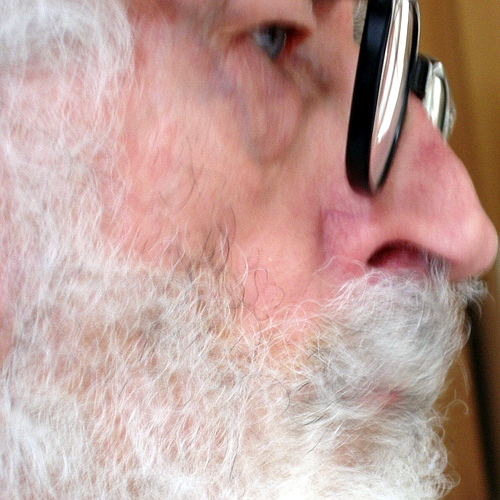Culture War Armageddon
Kevin Drum on what John McCain is doing to American politics:
John McCain has obviously decided that he can't win a straight-up fight, so he's decided instead to wage a battle of character assassination, relentless lies, and culture war armageddon. So what happens on November 5th?
If McCain wins, he'll face a Democratic congress that's beyond furious. Losing is one thing, but after eight years of George Bush and Karl Rove, losing a vicious campaign like this one will cause Dems to go berserk. They won't even return McCain's phone calls, let alone work with him on legislation. It'll be four years of all-out war.
And what if Obama wins? The last time a Democrat won after a resurgence of the culture war right, we got eight years of madness, climaxing in an impeachment spectacle unlike anything we'd seen in a century. If it happens again, with the lunatic brigade newly empowered and shrieking for blood, Obama will be another Clinton and we'll be in for another eight years of near psychotic dementia.
Am I exaggerating? Sure. Am I exaggerating a lot? I don't think so. McCain, in his overwhelming desire for office, is unloosing forces that are likely to make the country only barely governable no matter who wins. This would be very bad juju at any time, but George Bush has so seriously weakened the country over the course of his administration that we don't have a lot of room for error left if we want to avoid losing the war on terror for good and turning America into a banana republic while we're at it. We need to start turning the ship around now.
McCain doesn't seem to care much about this anymore, but the rest of us ought to. Unfortunately, no one asked us. I'm afraid we have some rocky times ahead.



















